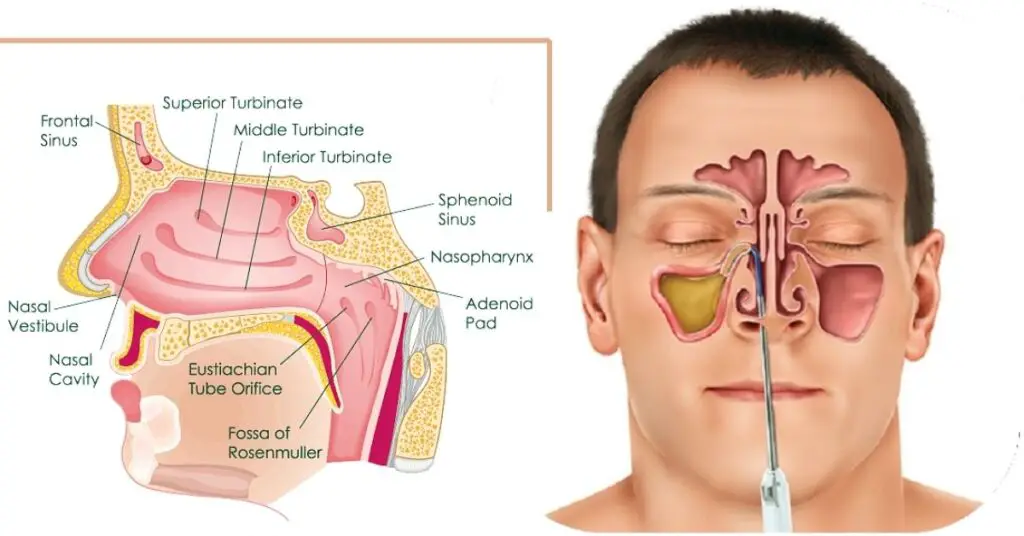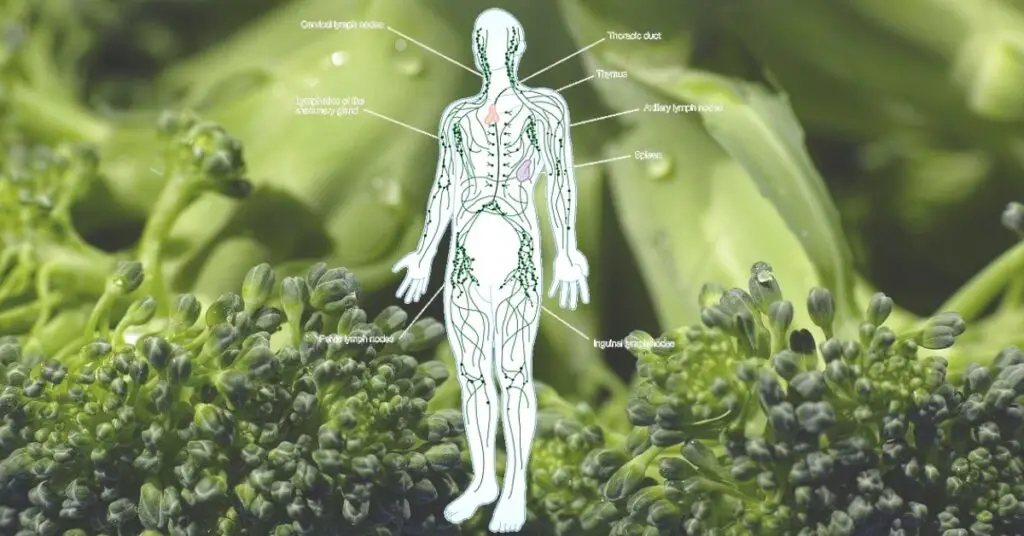Meditation has been practiced for centuries but has recently grown in popularity as a means of enhancing both mental and physical health. This practice involves focusing the mind on a particular object, thought, or activity to attain a state of tranquility and relaxation. Mindfulness meditation, guided meditation, and yoga are among the various forms of meditation that exist.
In this article, we will investigate how meditation can benefit overall health and well-being by examining three studies that demonstrate its efficacy, the advantages of daily practice, and the proven benefits of long-term meditation. We will provide helpful resources to assist you in incorporating meditation into your everyday routine.
I. A Look at the Benefits of Meditation
Meditation has numerous benefits for mental and physical health. One of the primary benefits of meditation is its ability to reduce stress and anxiety. Meditation can help decrease cortisol levels in the body, which is the hormone that is released when we experience stress. By reducing cortisol levels, meditation can help promote feelings of calmness and relaxation.
Meditation has also been shown to improve concentration and focus. When we meditate, we focus our attention on a specific object or thought, which can help improve our ability to concentrate and avoid distractions. This improved concentration and focus can have positive effects on productivity and overall well-being.
Furthermore, meditation can help improve emotional regulation. By practicing mindfulness and focusing on the present moment, we can become more aware of our emotions and better able to regulate them. This improved emotional regulation can help us manage stress and anxiety more effectively.
II. The Power of Meditation: 3 Meditation Studies
Several studies have demonstrated the power of meditation in improving mental and physical health. Let’s take a look at three of these studies:
Mindfulness Meditation for Social Anxiety Disorder
A study conducted by researchers at Harvard Medical School found that mindfulness meditation was effective in reducing symptoms of social anxiety disorder. The study involved 36 patients with social anxiety disorder who were randomly assigned to either an eight-week mindfulness meditation program or a control group. The results showed that those who participated in the mindfulness meditation program had significant reductions in symptoms of social anxiety disorder compared to the control group.
Meditation and Brain Activity
Another study looked at the effects of meditation on brain activity. Researchers at UCLA found that long-term meditation can increase gray matter in areas of the brain associated with emotion regulation, empathy, and compassion. The study involved 27 meditators who had been practicing meditation for an average of 9 years and 27 control participants who did not practice meditation. The results showed that the meditators had increased gray matter in several areas of the brain, including the prefrontal cortex, which is associated with emotional regulation and decision-making.
Mindfulness-Based Stress Reduction for Chronic Illness
A study published in the Journal of Psychosomatic Research found that mindfulness-based stress reduction (MBSR) was effective in improving quality of life and reducing stress in chronically ill patients. The study involved 89 patients with chronic illness who participated in an eight-week MBSR program. The results showed that those who participated in the MBSR program had significant reductions in stress and improved quality of life compared to those who did not participate.
III. Advantages of Daily Meditation
Incorporating daily meditation into your routine can have numerous benefits for mental and physical health. Here are some advantages of daily meditation:
Improved Sleep Quality
Meditation can help improve sleep quality by promoting relaxation and reducing stress levels. Regular meditation can help develop a healthy sleep pattern, leading to better rest and overall health.
Reduced Feelings of Anxiety and Depression
Meditation can be an effective tool for reducing feelings of anxiety and depression. By helping to regulate emotions and reduce stress levels, meditation can promote a sense of calmness and well-being.
Increased Focus and Concentration
Regular meditation can help improve focus and concentration, which can have positive effects on productivity and overall well-being. By reducing distractions and improving attention span, daily meditation can help you stay focused throughout the day.
Greater Self-Awareness
Meditation can help increase self-awareness by allowing us to become more attuned to our thoughts, emotions, and physical sensations. This increased self-awareness can lead to greater self-acceptance and self-confidence.
IV. Proven Benefits of Long-Term Meditation
Long-term meditation has been linked to numerous health benefits. Here are some proven benefits of long-term meditation:
Increased Feelings of Happiness and Life Satisfaction
Research has shown that engaging in long-term meditation can contribute to a greater sense of happiness and satisfaction with one’s life. A study published in the journal Emotion discovered that individuals who practiced long-term meditation had an increase in gray matter within their prefrontal cortex, which is associated with positive emotions and emotional regulation. The research revealed that this increased gray matter within the prefrontal cortex was connected with higher levels of happiness and life satisfaction among practitioners.
Improved Immune Function
Long-term meditation has also been shown to improve immune function. A study published in the Annals of the New York Academy of Sciences found that long-term meditation can increase the activity of natural killer cells, which are important in fighting off viruses and cancer cells. This improved immune function can have positive effects on overall health and well-being.
Decreased Risk of Cardiovascular Disease
Long-term meditation may also help decrease the risk of cardiovascular disease. A study published in the journal Circulation found that practicing transcendental meditation for five years was associated with a 48% reduction in the risk of cardiovascular disease.
V. Helpful Resources
If you are interested in incorporating meditation into your daily routine, PositivePsychology.com offers several helpful resources. Here are some of our top recommendations:
Mindfulness Meditation Exercises
Mindfulness meditation exercises are created specifically to assist you in developing essential mindfulness skills, as well as helping to reduce stress and anxiety. The exercises consist of guided meditations, breathing techniques, and body scans, all geared towards enhancing your mental health and well-being. These mindfulness techniques can be done anytime, anywhere and offer a variety of benefits, including reduced stress levels, improved focus, and an overall sense of calm and relaxation.
Mindfulness-Based Stress Reduction Course
We highly recommend the course about Mindfulness-Based Stress Reduction (MBSR) course, As mentioned already it’s is an eight-week program that teaches mindfulness skills to help reduce stress and improve emotional regulation. The course includes weekly group sessions, guided meditations, and home practice assignments.
Yoga Classes
Yoga is a popular form of meditation that has been practiced for centuries. It combines physical postures with focused breathing and relaxation techniques to help reduce stress and promote overall wellbeing. PositivePsychology.com offers a variety of yoga classes for individuals of all levels, from those who are new to yoga to advanced practitioners looking to deepen their practice. These classes provide a supportive and welcoming environment for individuals to explore the numerous benefits of yoga, including improved flexibility, strength, and mental clarity.
VI. A Take-Home Message
Meditation is a powerful tool for improving mental and physical health. It can help reduce stress and anxiety, improve concentration and focus, and promote feelings of happiness and life satisfaction. Long-term meditation can have even more profound effects on overall health and well-being, including improved immune function and decreased risk of cardiovascular disease. By incorporating daily meditation into your routine, you can reap the numerous benefits of this ancient practice.
VII. Conclusion
Meditation is a practice that has been around for centuries, but it has gained increasing popularity in recent years as a tool for improving mental and physical health. Studies have shown that meditation can reduce stress and anxiety, improve concentration and focus, and promote emotional regulation.
Long-term meditation can have even more profound effects on overall health and well-being, including improved immune function and decreased risk of cardiovascular disease. PositivePsychology.com offers several helpful resources for incorporating meditation into your daily routine, including mindfulness meditation exercises, mindfulness-based stress reduction courses, and yoga classes. By making meditation a part of your daily routine, you can experience the numerous benefits of this powerful practice.








